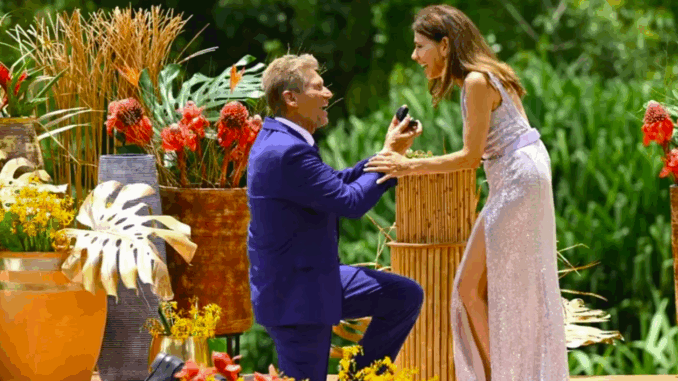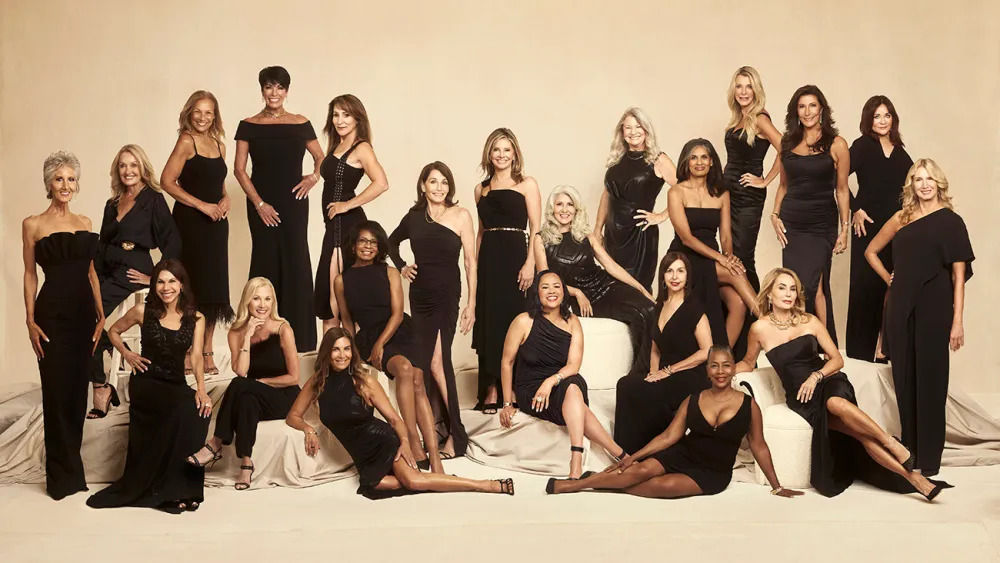
When The Golden Bachelor premiered on ABC in late 2023, few predicted the seismic shift it would bring to the landscape of reality TV. The formula was familiar—one man, many women, roses, tears—but the cast was anything but. With 72-year-old widower Gerry Turner at the center, the show ditched youth for wisdom, and replaced Instagram drama with decades of lived experience.
Reinventing a Tired Genre
For years, The Bachelor franchise had been losing cultural steam. Critics bemoaned its manufactured storylines, influencer-heavy casting, and ever-repeating tropes. Enter Gerry Turner: soft-spoken, Midwest-proud, and genuinely grieving the loss of his wife of 43 years. With silver hair, a sparkling smile, and an open heart, Gerry became the symbol of something long absent from reality dating shows—sincerity.
Instead of champagne-fueled catfights or choreographed jealousy, The Golden Bachelor offered mature conversations about grief, purpose, companionship, and the search for love when many thought that search was long over.
Women With Stories, Not Storylines
The women vying for Gerry’s heart were equally powerful. They were former educators, artists, grandmothers, breast cancer survivors. Many had been married for decades, raised children, buried spouses, and rebuilt lives. They came not to become famous, but to be seen—fully and finally.
Names like Theresa Nist, Leslie Fhima, and Faith Martin became household names not because of drama but because of their poise, authenticity, and resilience. They redefined what it means to be a romantic lead in your 60s or 70s—and America fell in love with them.
A Surprise Engagement—and the Fallout
The finale sparked headlines as Gerry proposed to Theresa Nist. The moment felt genuine. Viewers cheered, media outlets swooned, and ABC teased wedding specials.
But just months later, in a move that stunned fans, Gerry and Theresa announced their split during an appearance on Good Morning America. The fairytale hadn’t ended the way anyone hoped. “We realized we’re better off as friends,” they said—but to many, the abruptness felt like a betrayal of the show’s promise.
Was it a misstep? A misunderstanding? Or just the reality of later-life love?
The Legacy of Season One

Regardless of the breakup, The Golden Bachelor succeeded where others had failed. It started a conversation. It reminded audiences that love stories don’t have expiration dates. It proved that vulnerability, not virality, is what makes for compelling television.
Season 2 is already in the works, with ABC teasing a Golden Bachelorette to lead the next installment. The stakes are high—but so is the hope. Hope that love, even late in life, is not just possible, but worth televising.
Because maybe the most radical thing The Golden Bachelor did wasn’t putting a 72-year-old man on primetime TV.
Maybe it was daring to say that his story still mattered.